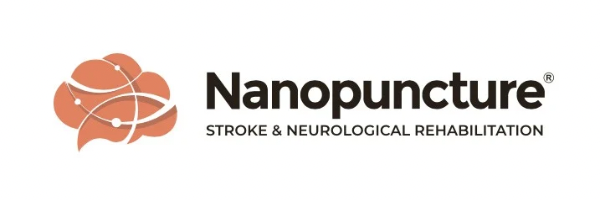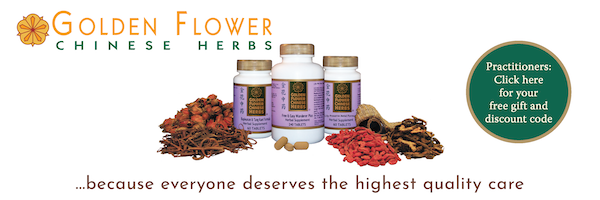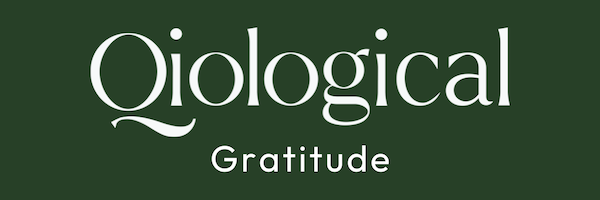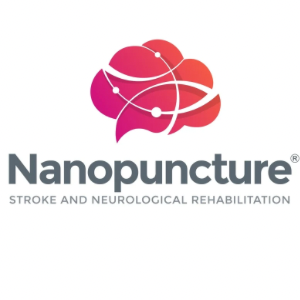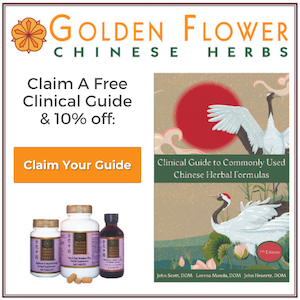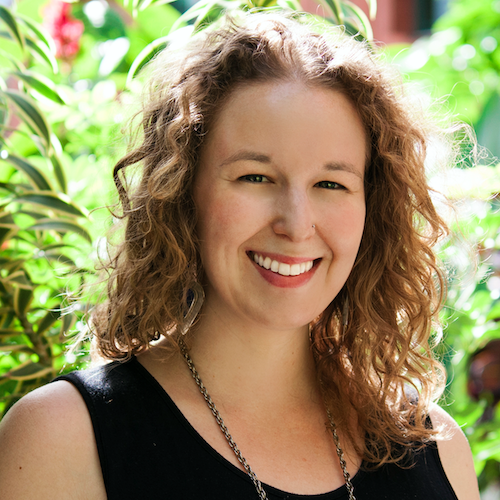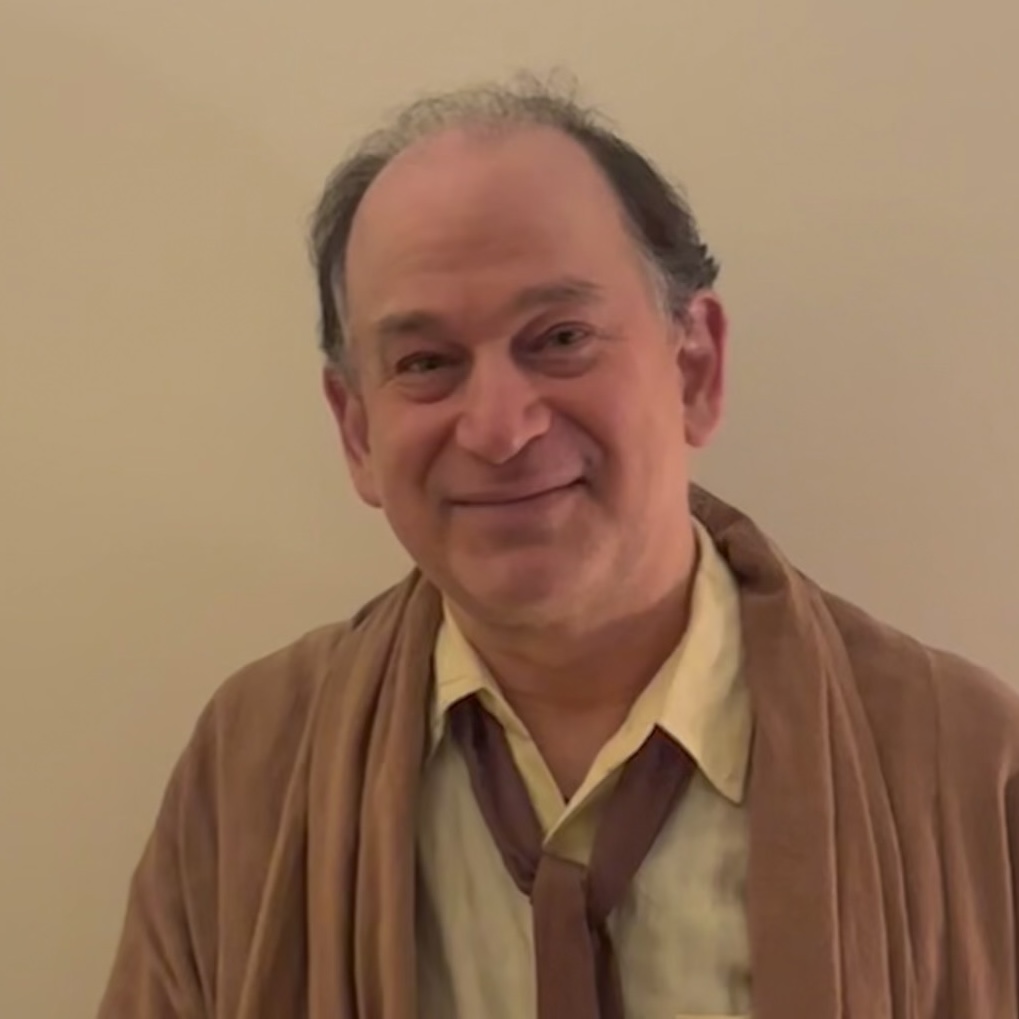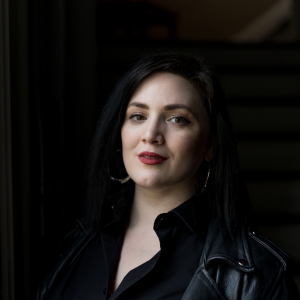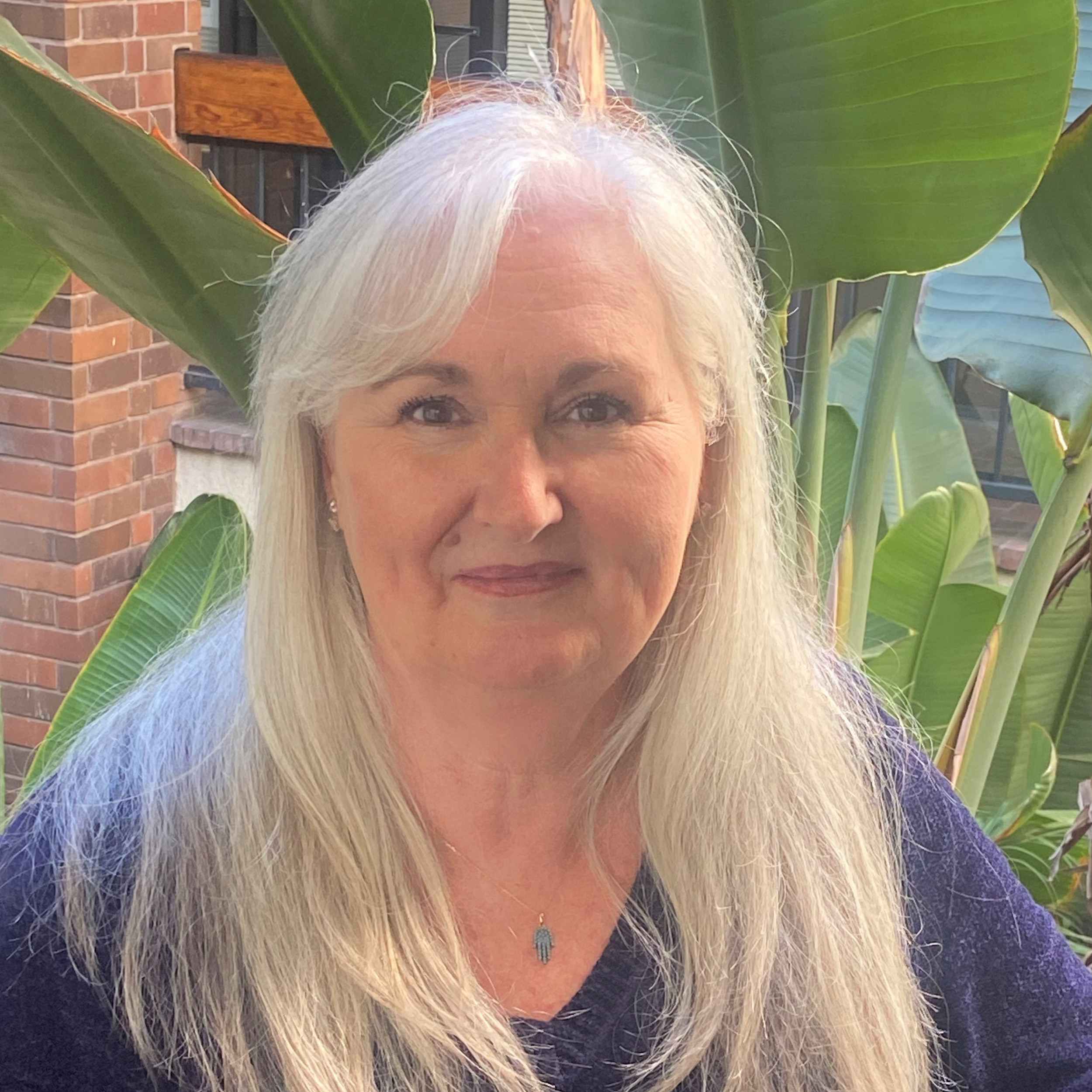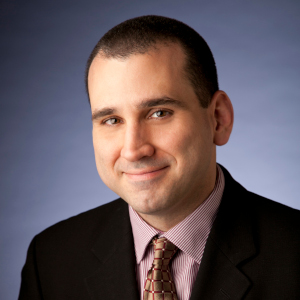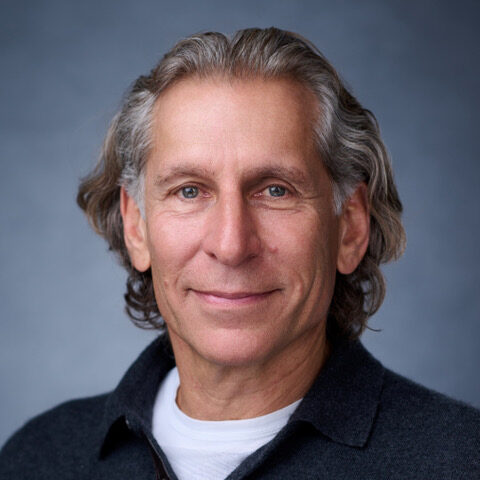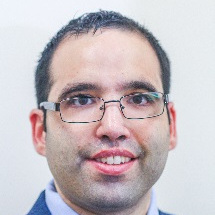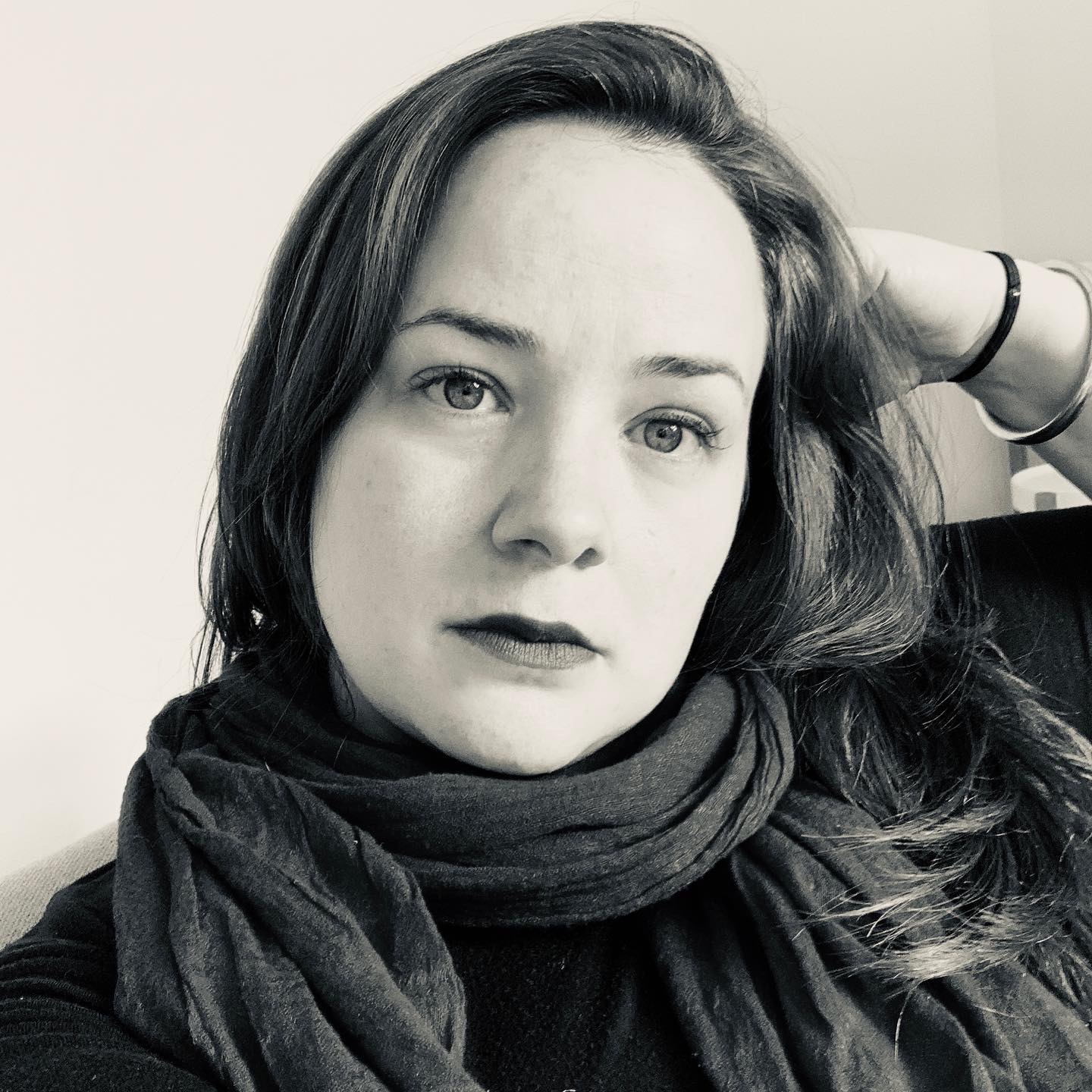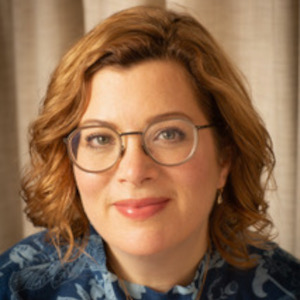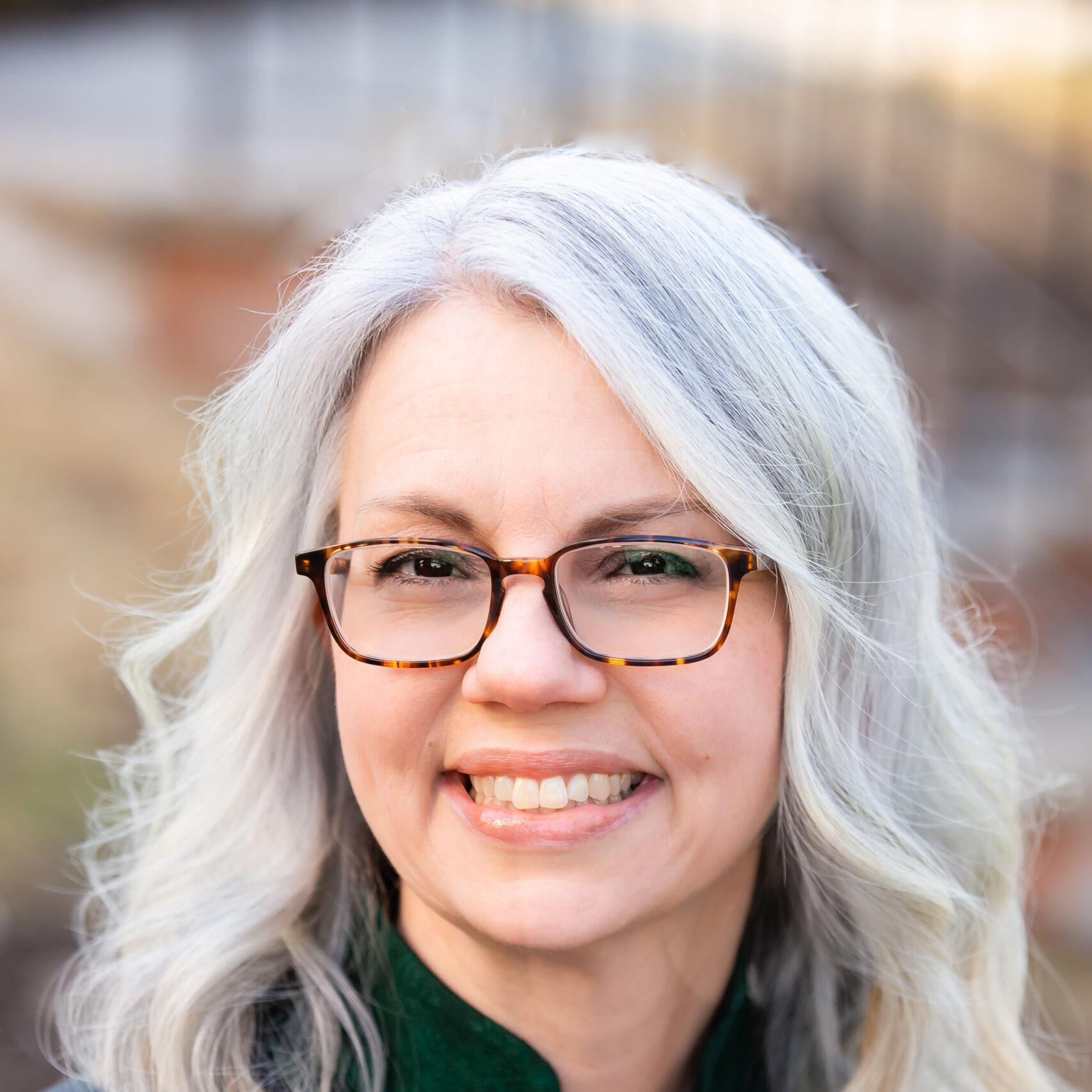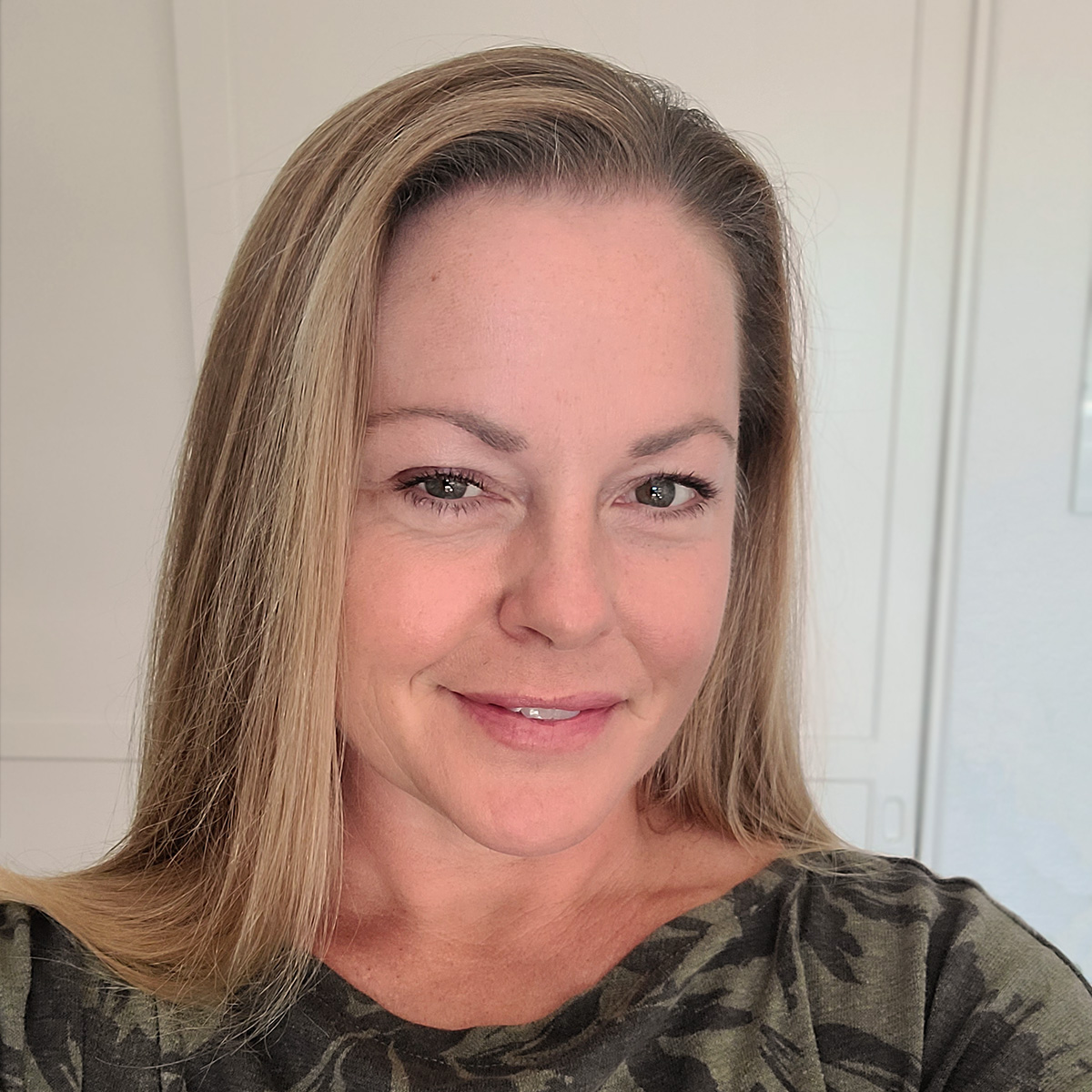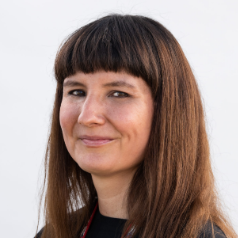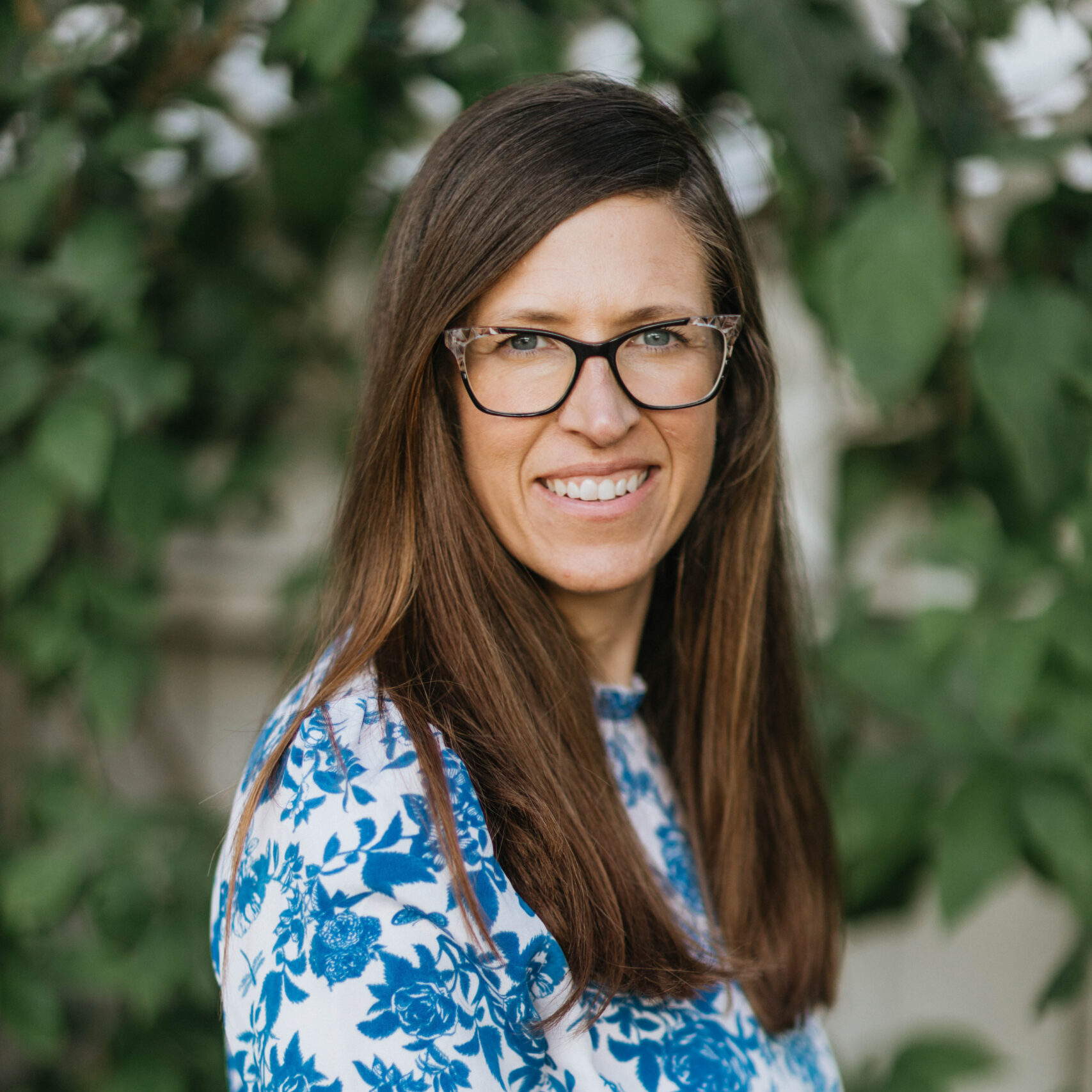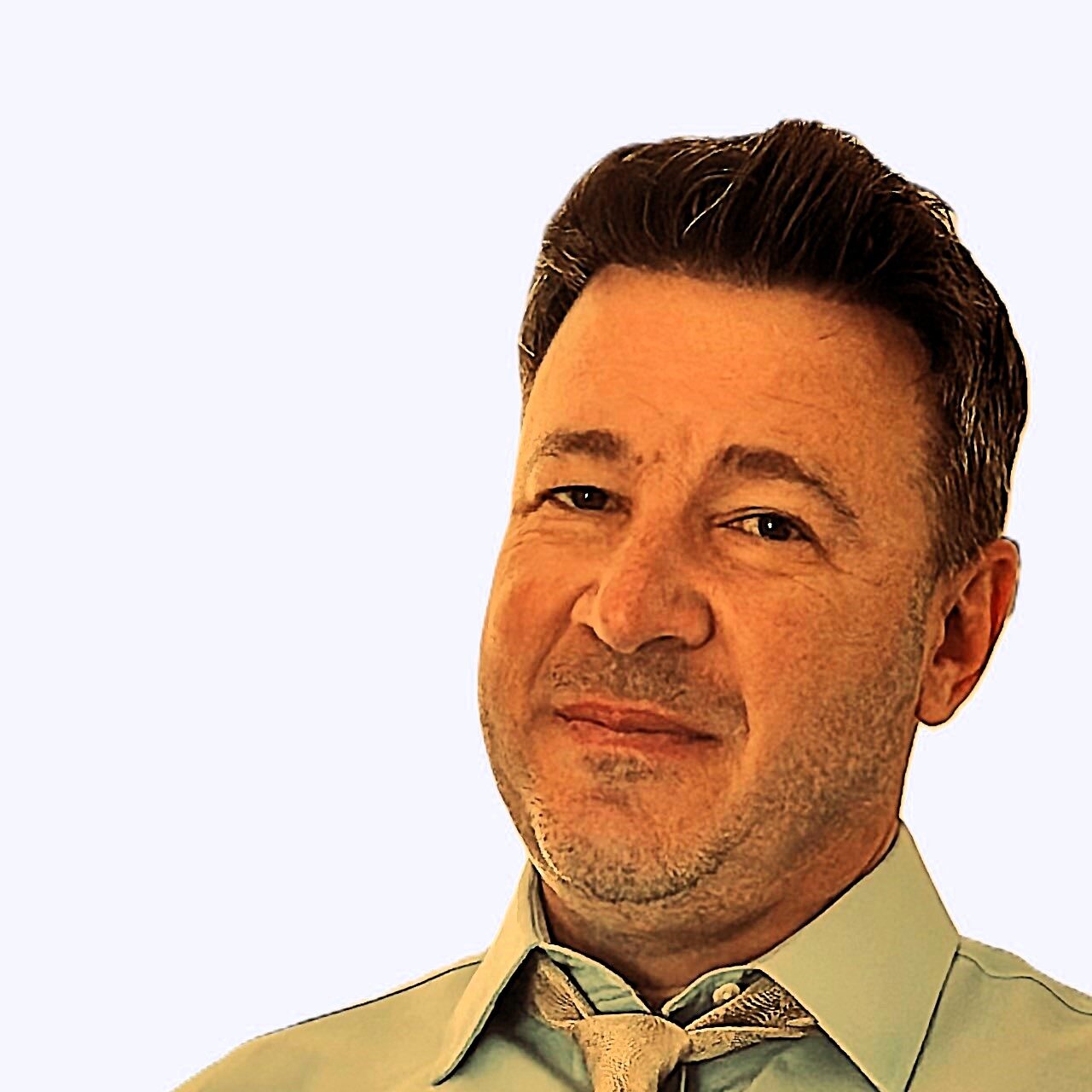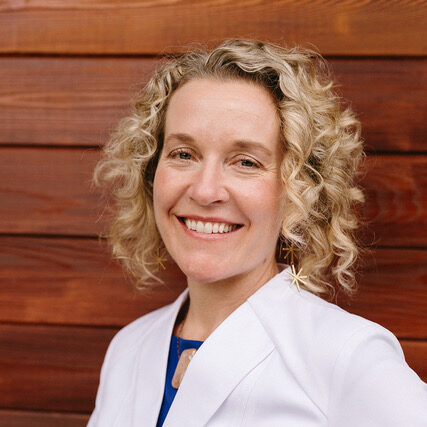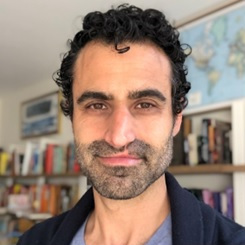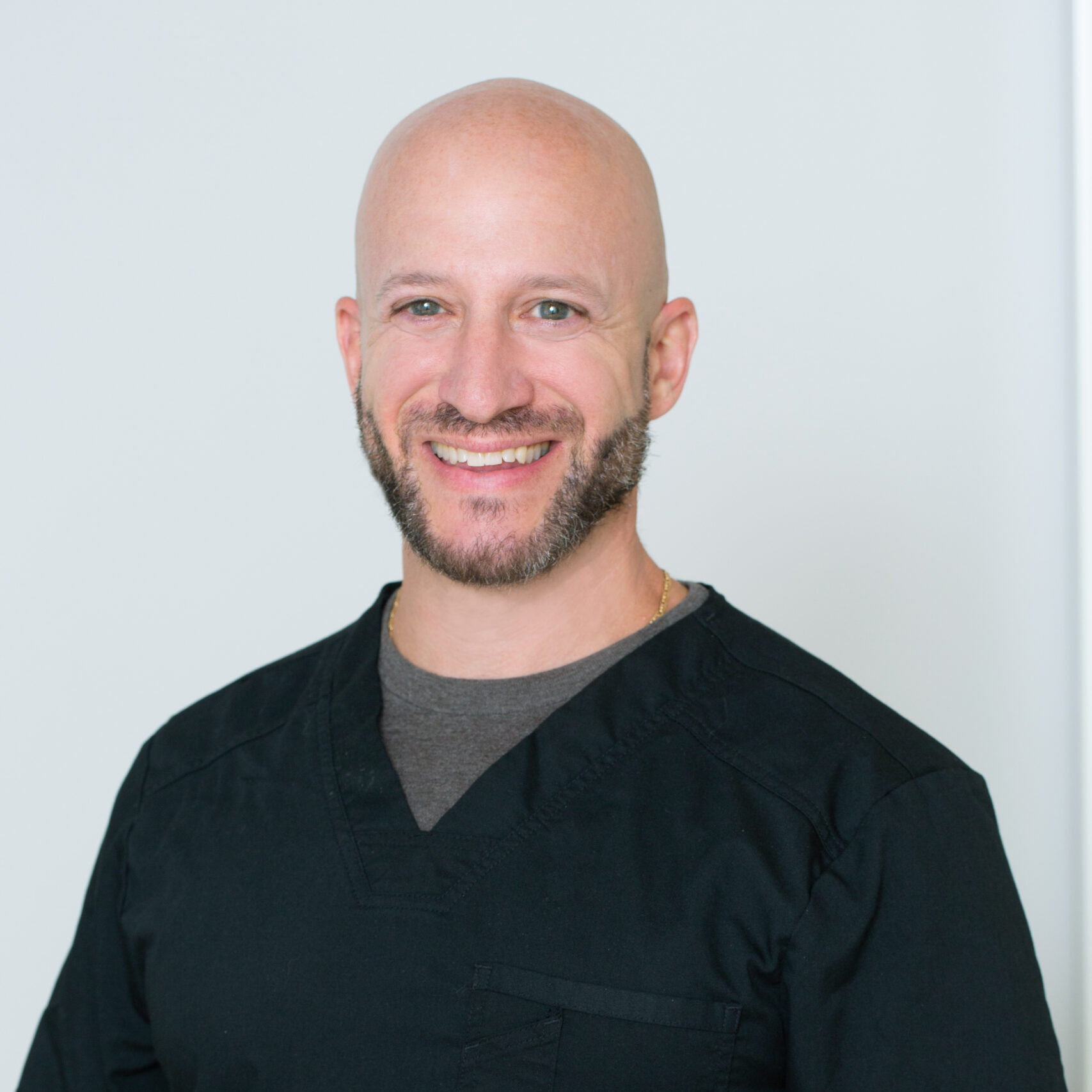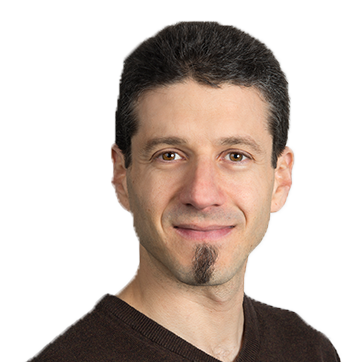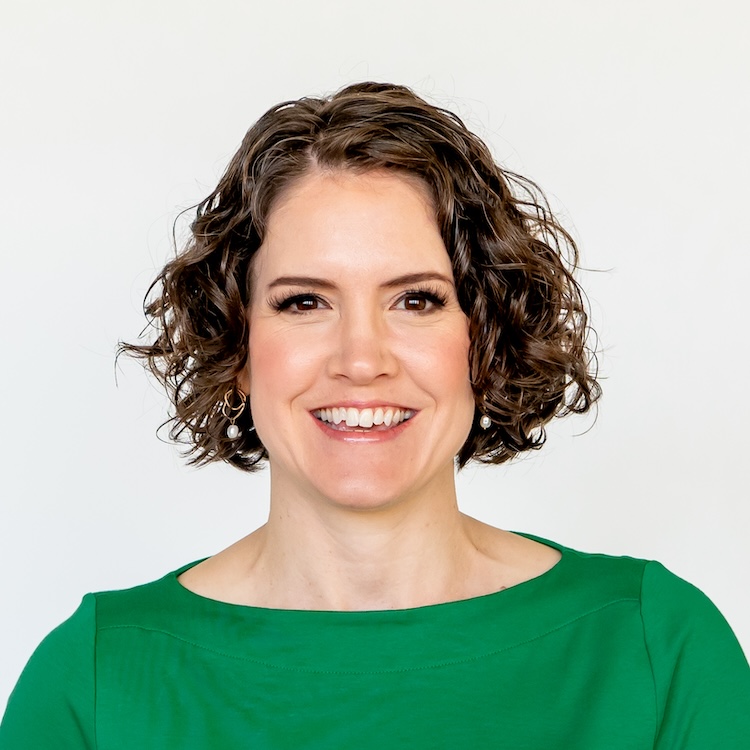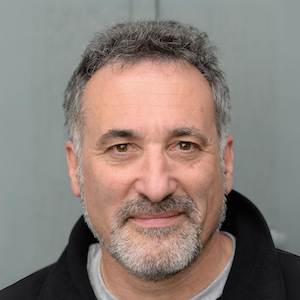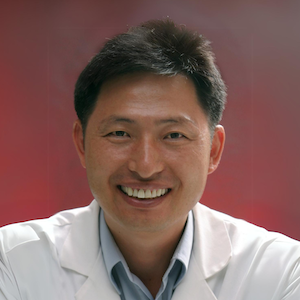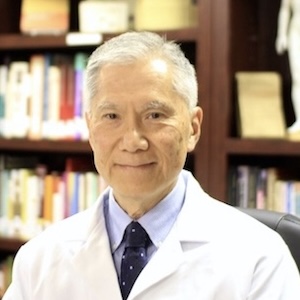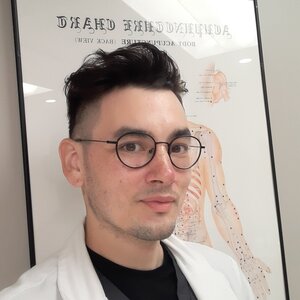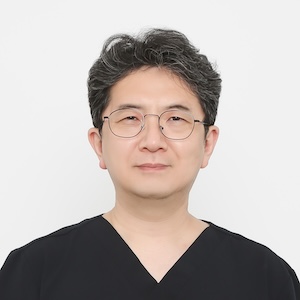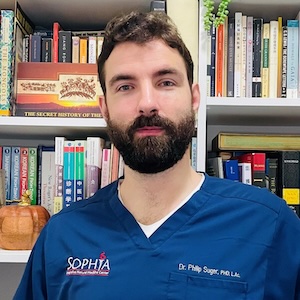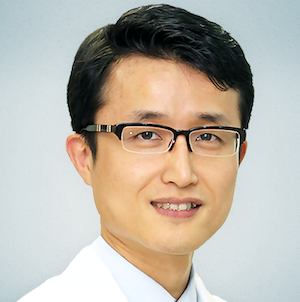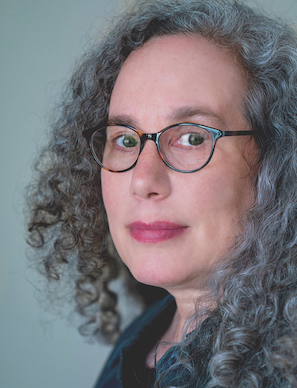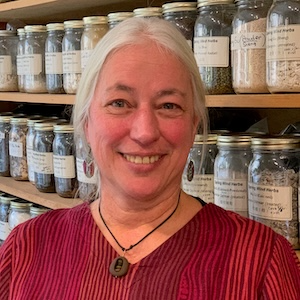Clinical experience and results are paramount in developing skill as a Chinese medicine practitioner. Theory should serve practice, not the other way around. Specializing in certain disease categories like dermatology can accelerate your learning process.
In this conversation with Mazin Al-Khafaji we explore how he’s spent the past few decades using Chinese medicine to treat difficult skin conditions like eczema and psoriasis. His study of Chinese medicine and unexpected collaboration with conventional doctors on eczema trials added fuel to the fire of his interest in dermatology. Since then, he’s dedicated his work to researching and treating recalcitrant skin disorders, and teaching others who have an interest in this speciality.
Listen into this discussion on approaching and working with seemingly treatment-resistant skin conditions, and learn how the power of Chinese herbal medicine helps people not only with troublesome dermatological problems, but auto-immune issues as well.
In This Conversation We Discuss:
- Mazin’s thoughts on acupuncture and herbal medicine
- Seeing skin manifestations directly gives insight into internal imbalances
- Tongue and pulse diagnosis can be ambiguous and are not always reliable indicators of skin diseases like eczema
- Chinese medicine can treat acute flare ups of diseases like ulcerative colitis as quickly as something like prednisone
- Proper diagnosis and getting the right medicinals and dosages is key to seeing fast results in acute conditions
- Learning from an experienced practitioner helps shortcut the learning process and avoid mistakes
- Developing skill requires pushing oneself to directly treat based on pattern diagnosis and seeing what works and doesn't
- Homeostasis doesn't always mean health – it can maintain dysfunction Treatment aims to restore optimal balance
- Allergic and autoimmune diseases are on the rise likely due to modern lifestyles disrupting microbiome, diet, etc.
- Some childhood illnesses may provide immune stimulation, so suppressing them can have consequences
- Clinical results are the priority – theory supports but doesn't override practice
- Cumulative experience of what works is at the core of Chinese medicine
- Studying dermatology helps visualize and understand disease patterns for other conditions
There are no quick fixes. Chinese medicine is both an art and a science. To practice with authority and success its necessary to devote oneself entirely to a lifetime of observation and learning. As Ibn Sina said ‘There are no incurable diseases, only the lack of will. There are no worthless herbs, only the lack of knowledge’.
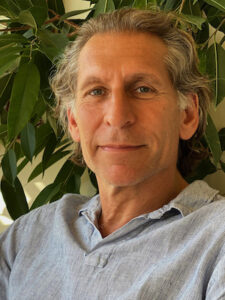 Mazin Al-Khafaji, Doctor of Chinese Medicine (Shanghai, China); FRCHM.
Mazin Al-Khafaji, Doctor of Chinese Medicine (Shanghai, China); FRCHM.
In 1979 I started intensive studies in modern and classic Chinese as well as acupuncture. I continued my studies in China and in 1987 graduated as Doctor of Chinese Medicine from the Shanghai College of Traditional Chinese Medicine. Since then, I've has been in full time practice entirely devoted to three main areas – autoimmune disease, allergic disease, and skin disease.
I lecture widely all over the world on these subjects and over the past 20 years have run the Dermatology Diploma Programme in both Europe & North America (www.mazin-al-khafaji.com other lectures are also available online), all graduates of this programme automatically becoming members of the International TCM Dermatology Association (www.tcmdermatology.org).
Since so much of my work is devoted to dermatology, I have over the past 3 decades also developed the Dermatology-M range of topical products and herbal cosmetics from Chinese herbal ingredients to address many common skin disorders (www.dermatology-m.com & www.kamwoherbs.com).
I am the author of numerous articles and co-author of the international textbook A Manual of Acupuncture.
Links and Resources
Visit Mazin on his website to learn more about the Dermatology Master Classes he will be teaching in New York and Los Angeles.
He's also created a line of quality skin care and treatment products.

